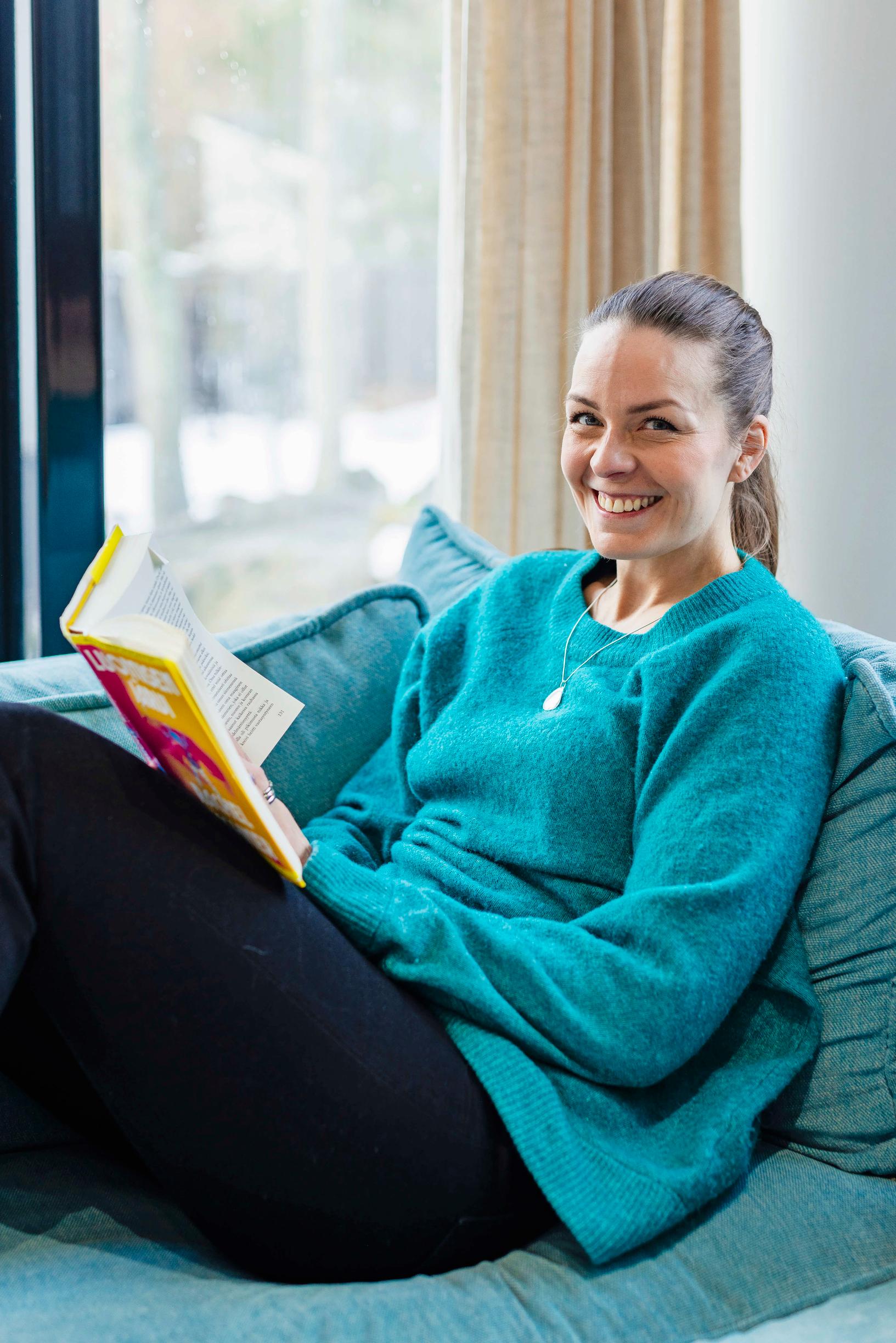
“A woman pretty much does everything”—Hanne realized why she, like many mothers, gets exhausted by chores
Being tired constantly should not be the norm, says social media influencer Hanne Valtari. Sharing household chores improved Hanne’s relationship and brought more joy and energy to everyday life.
“Some years ago, I was so exhausted I couldn’t even open the front door. I thought this was caused by an iron deficiency, but at the appointment, the doctor told me I was dealing with ’situational exhaustion’. It was frustrating because I realized I had to lift myself up on my own.
Now I’m 42, and I have children ages 14, 13, 5, and 3. I’ve carried our family’s mental load for years, feeling tense and so tired I felt like I couldn’t take it any longer. My limbs have felt exhausted, and I’ve suffered from migraines.
When I reached total exhaustion, I realized how deeply the mother myth is ingrained in our society. A mother is expected to be tidy, organized, beautiful, out to improve the world, and a feminist who protects everyone else—all at once.
In our household, like in many others, there’s been the assumption that a woman takes care of nearly everything—often without meaning to. A mother might be in charge of cooking even if she doesn’t actually enjoy it.
Meanwhile, many mothers genuinely believe their partner does their fair share, even if that partner is actually coasting. There’s no ill intent, but responsibilities must be discussed openly in order for things to become equal.
My spouse and I have been together for 20 years, but only in the past few years have we started to truly share responsibilities in a holistic, balanced way.
We share our calendars, update the family bulletin board, and handle family matters in WhatsApp groups. My husband covers many of the kids’ activities, while I take care of clothing. We split the children’s medical appointments and birthday parties evenly. I’ll also ask him to handle tasks that used to be on my plate, like ordering groceries.
Sharing responsibility for the family as a whole has required letting go of my need to control everything. I once called myself a control freak and felt pressured if I couldn’t manage all our family’s affairs.
Nowadays, both parents step up, and if they don’t, that’s okay too. Sometimes we’ll get a reminder from the library, or we’ll forget someone’s birthday party. I’ve learned to accept that there will always be some things left undone.
”We should also question the mother myth in workplaces. All too often, it’s the same volunteers who do it all.”
Our culture’s mother myth should also be challenged in workplaces. Far too often, it’s the same volunteers taking care of everything there.
All too often, it’s women who are already burned out who have to point out the unfair imbalance. I wish more people would notice the invisible hands shouldering the load.
Many women keep going under tough conditions for far too long. I want to tell them: it’s okay to be tired. I see you. I encourage you to find whatever helps you rest.
Ever since I started speaking openly about sharing responsibilities, my mood is generally better, I’m happier, and I recover more easily. Exercise feels great, and I sleep better than ever. I feel wonderful.”
Mother of four, Hanne Valtari, blogs under the name Valeäiti. Her book Tired Women: A Book for the Heroes of Invisible Work was published in January 2025.


